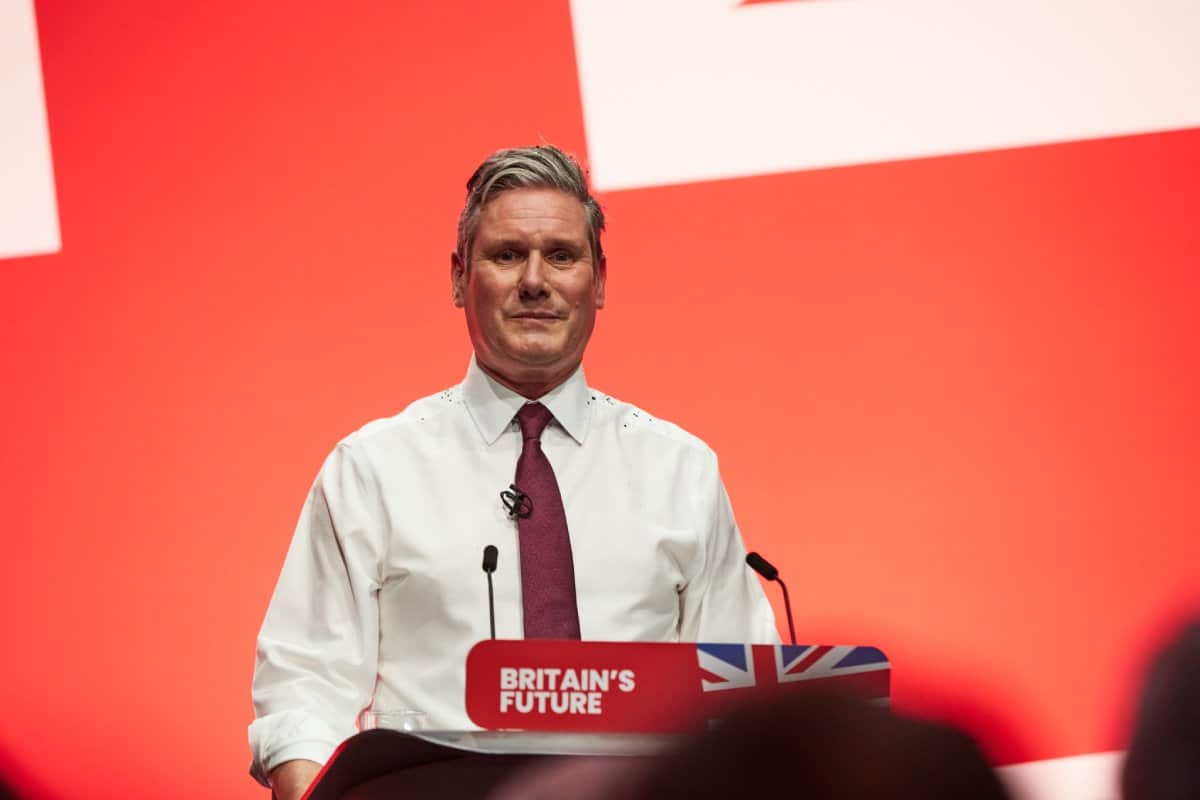Labour leader Keir Starmer defends adjusting his 2020 socialist pledges due to economic constraints, facing criticism from the left as he emphasises prioritising national stability. Here’s the full story.
Progressive Promises
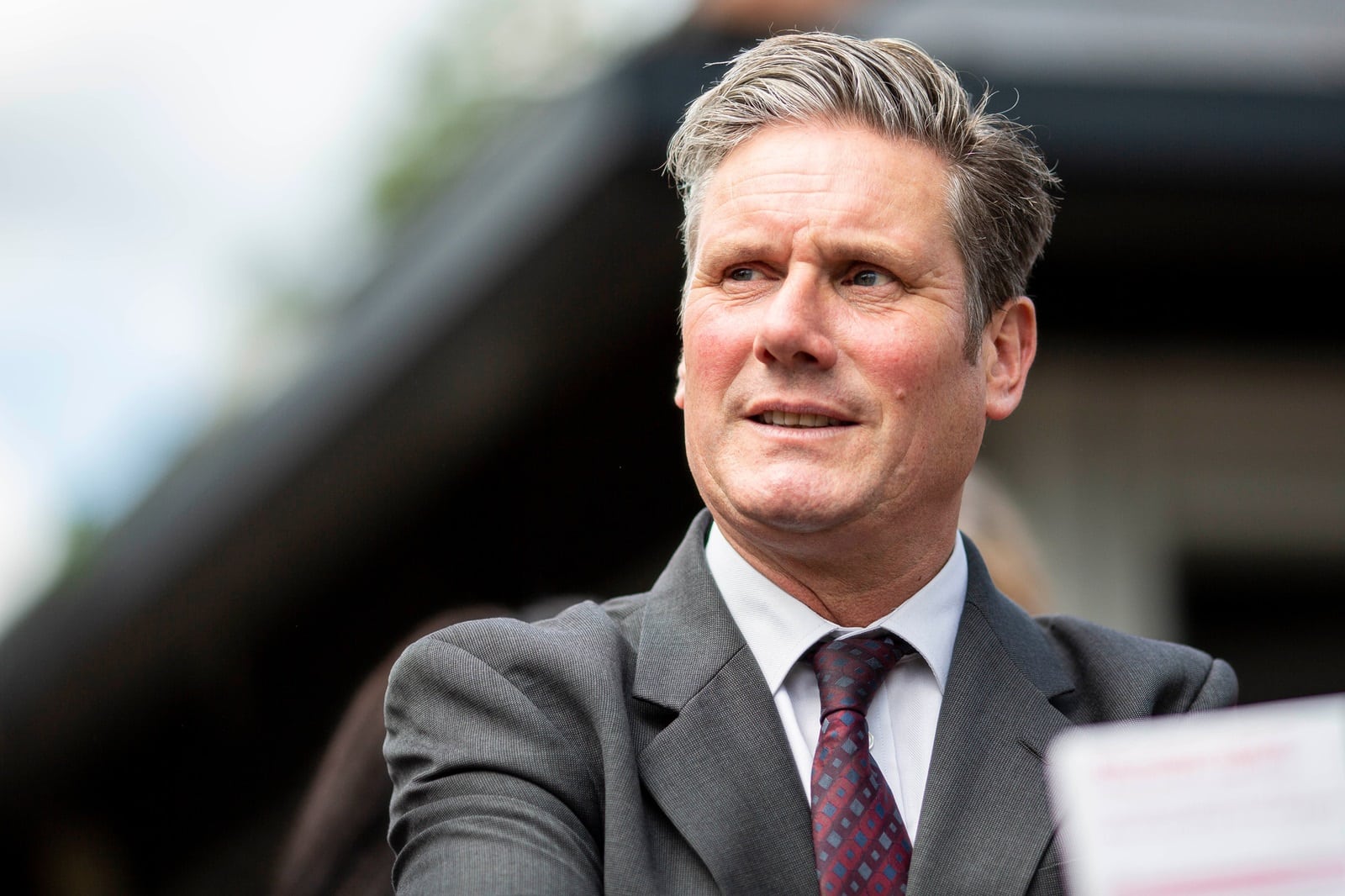
Labour leader Keir Starmer has been under increasing pressure over the rowing back of a series of progressive promises he made in his 2020 leadership campaign.
Political Vision
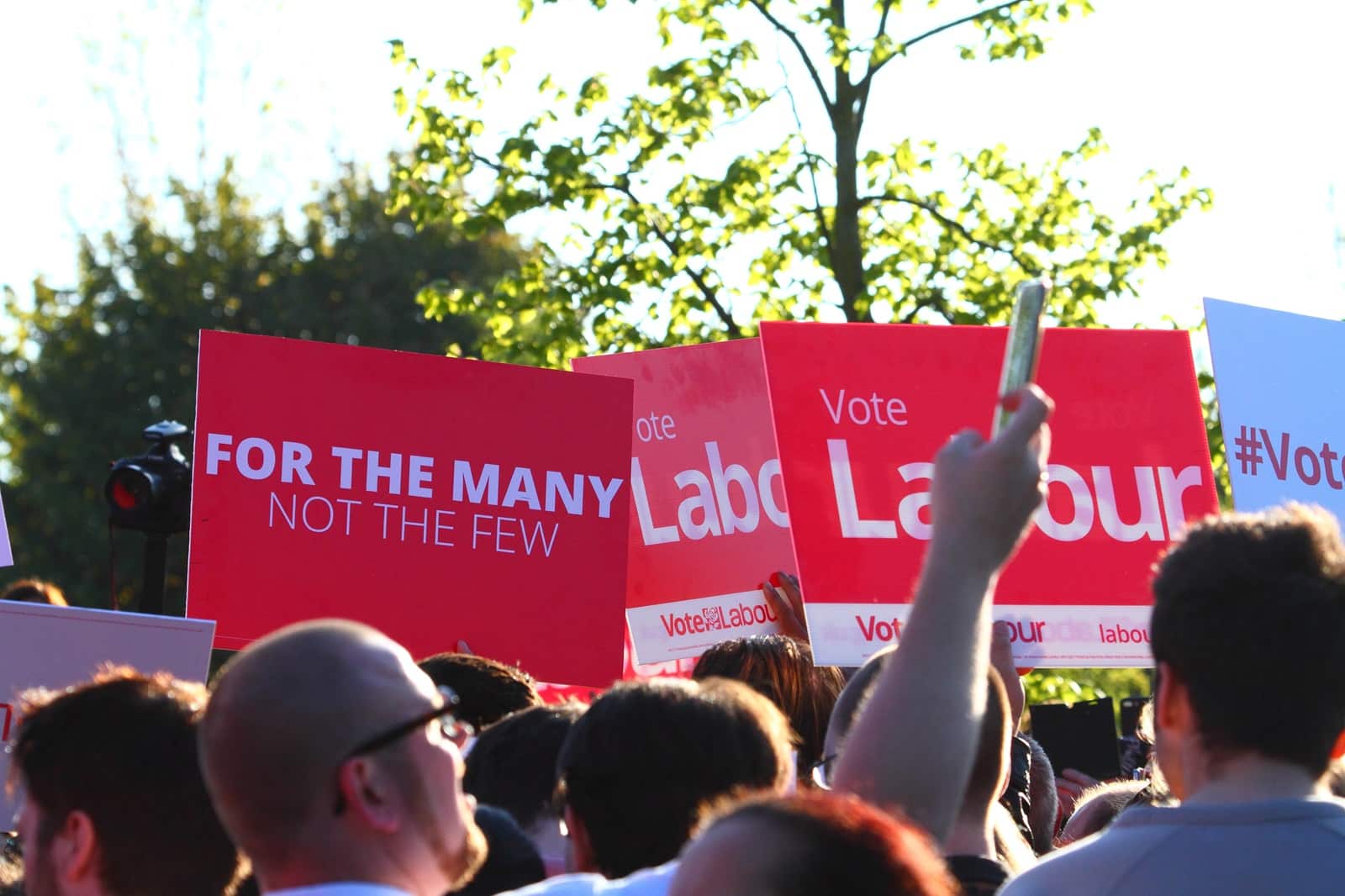
Following a speech in Lancing, West Sussex, where Starmer outlined his political vision for the country, Starmer emphasised his commitment to progressive values to win back support from those on the left.
“Socialist”
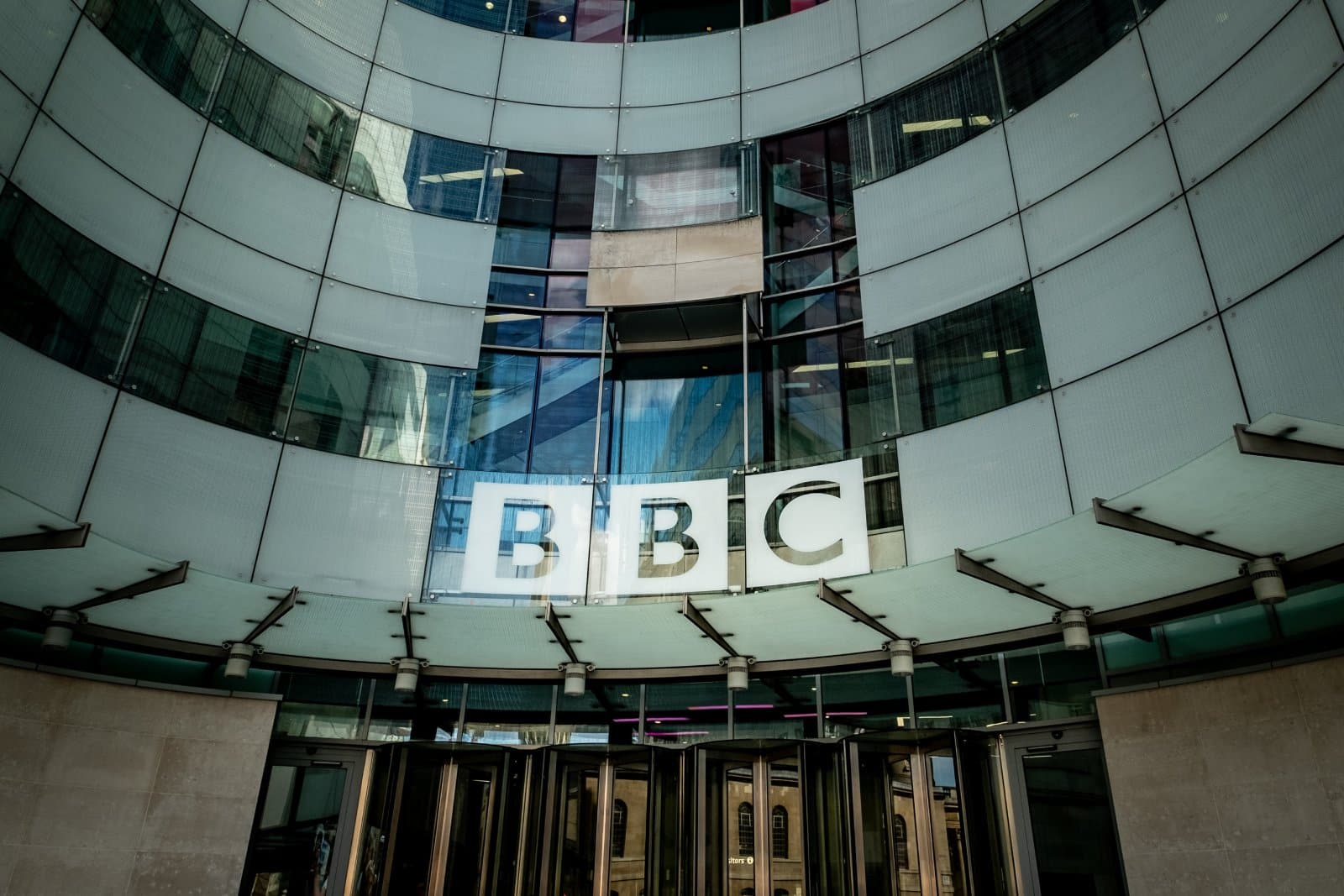
After the speech, Starmer spoke to the BBC, stating, “I would describe myself as a socialist. I describe myself as a progressive. I’d describe myself as somebody who always puts the country first and party second.”
“I Have Changed This Party”
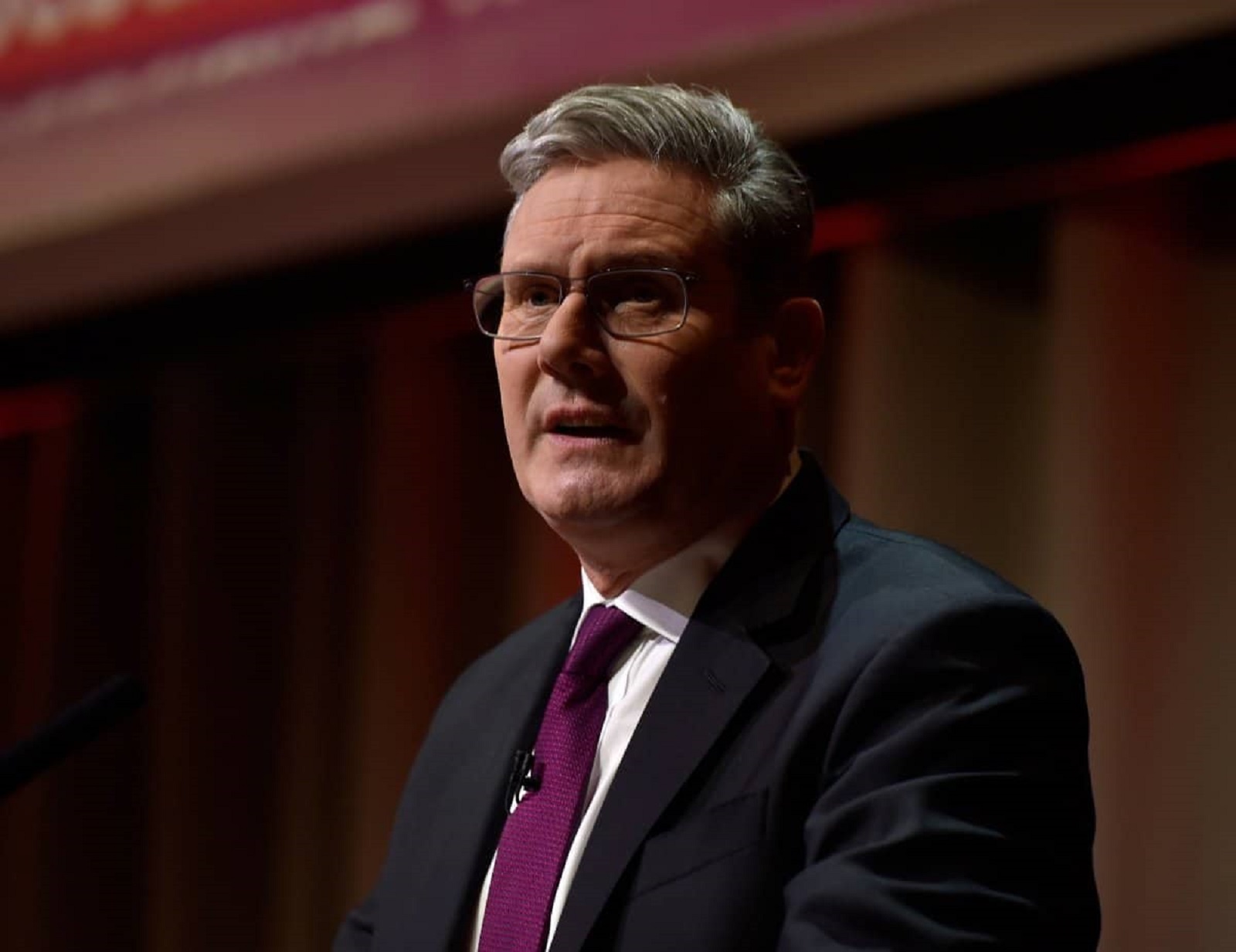
He continued, “I know there are countless people who haven’t decided how they’ll vote in this election. They’re fed up with the failure, chaos and division of the Tories, but they still have questions about us: has Labour changed enough? Do I trust them with my money, our borders, our security? My answer is, yes, you can, because I have changed this party, permanently.”
Economic Catastrophe
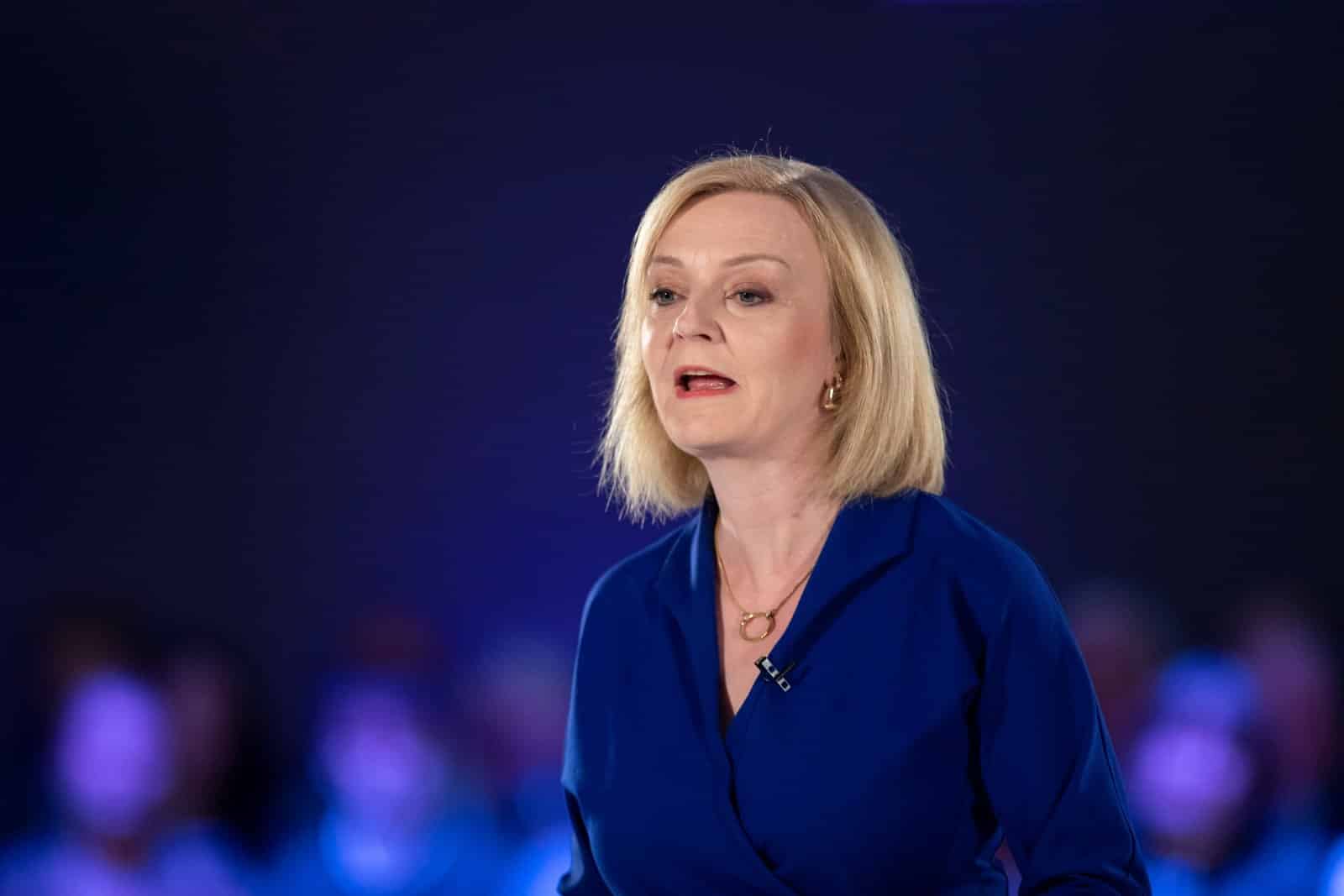
However, on the progressive pledges he made when running to become leader, Starmer blamed the economic catastrophe caused by former Prime Minister Liz Truss, which he said had caused him to rethink some policies.
Drift to the Right
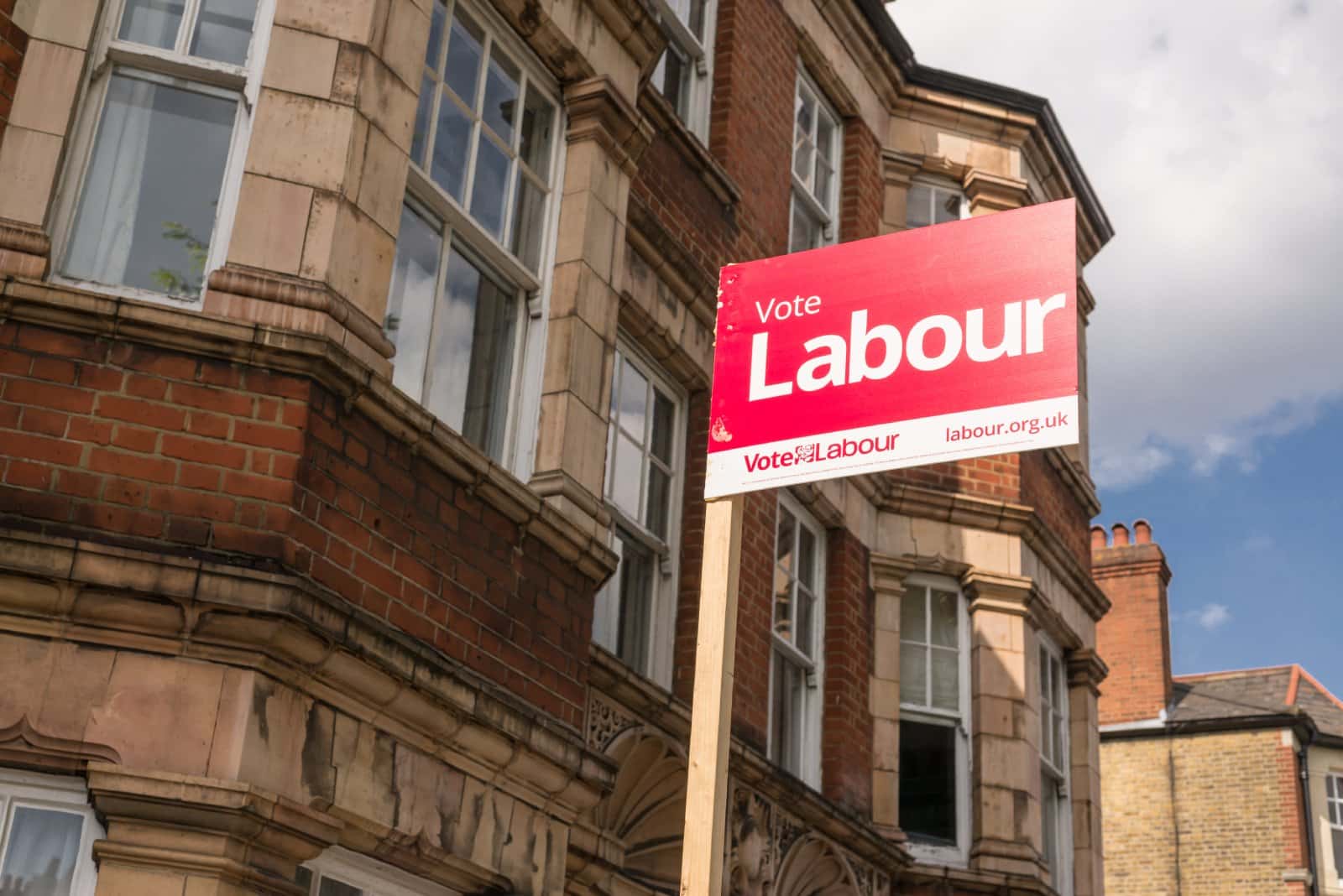
Starmer’s so-called ten pledges consisted of a series of policies that he used to convince many on the left that, following Jeremy Corbyn’s time as leader, the Labour Party would not drift back to the right.
Increasing Income Tax for the Rich
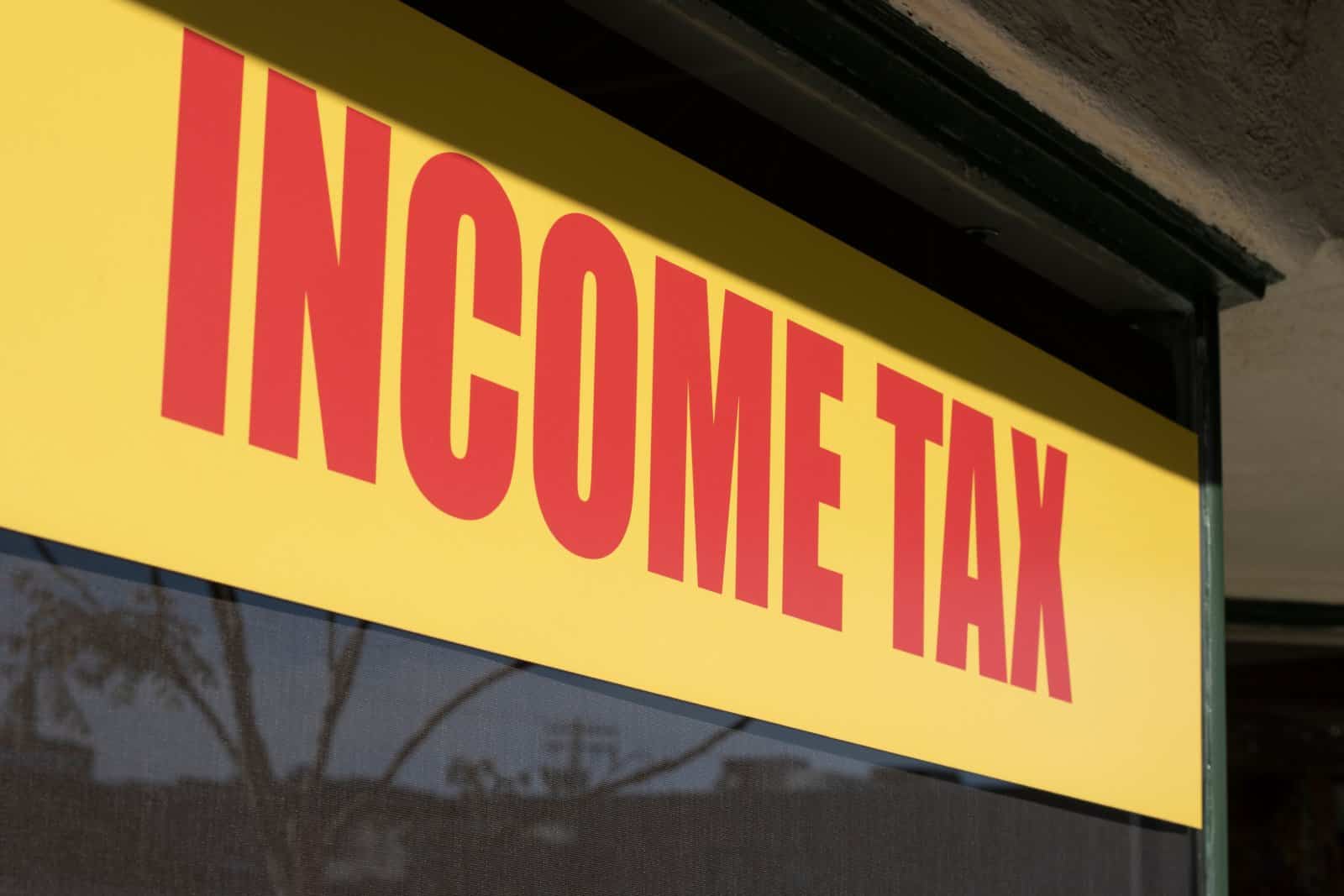
Starmer had, among other things, committed to increasing income tax for the top 5% of earners, which now appears to be dead in the water after Labour’s Chancellor shadow Rachel Reeves stated she had “no plans” to increase taxes.
£28 Billion Green Plan

Starmer also recently rolled back on the Labour Party’s £28 billion green plan, cutting the spending to £15 billion, which raised the hackles of the environmentally-conscious members of his party.
Tuition Fees

However, the topic that has caused Starmer and his team the most headaches at the moment is tuition fees, an issue that remains deeply contentious for the electorate and within the Labour Party.
No Comment
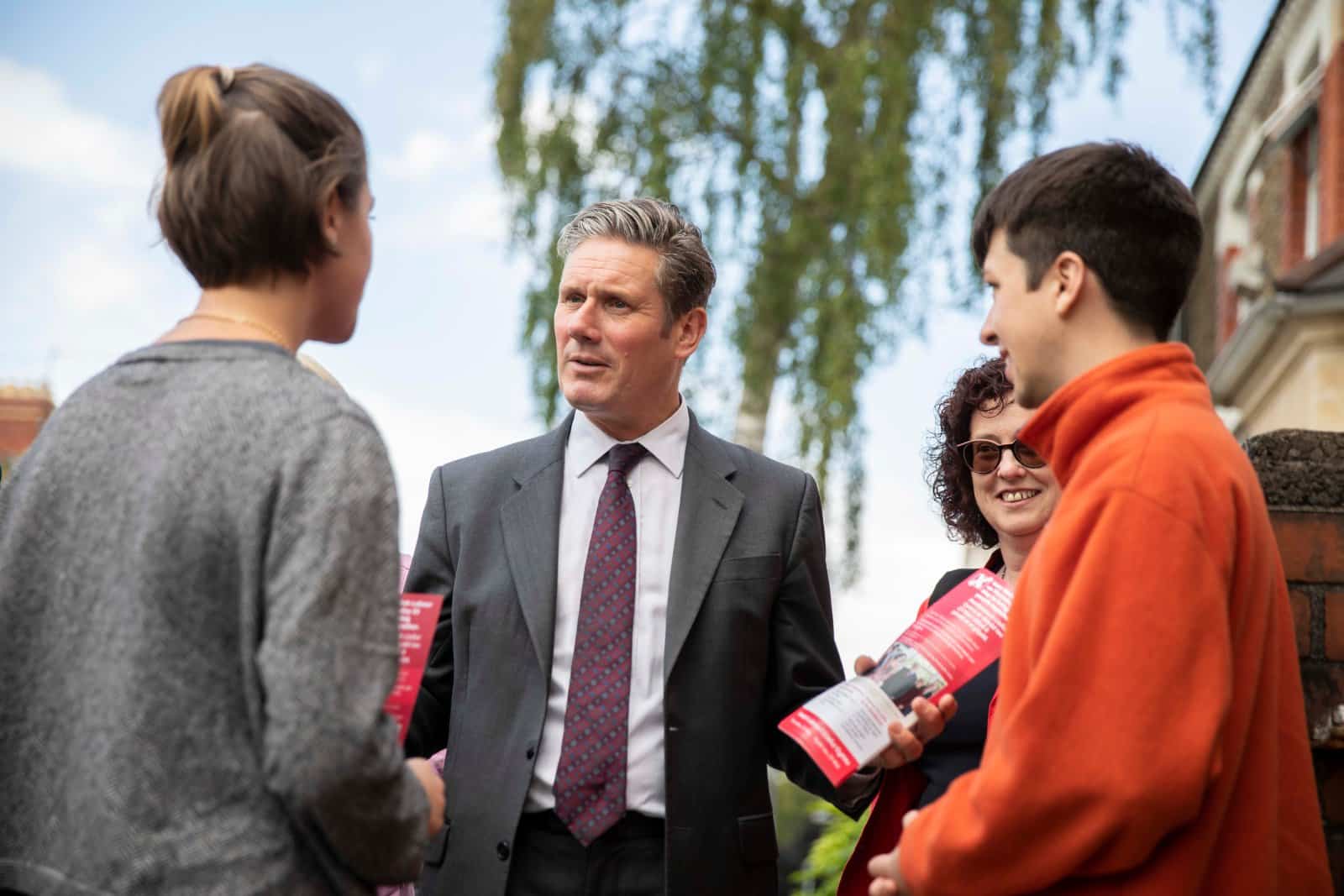
Having previously pledged to abolish tuition fees, Starmer failed to answer several journalists’ questions.
“We Should Abolish Tuition Fees”
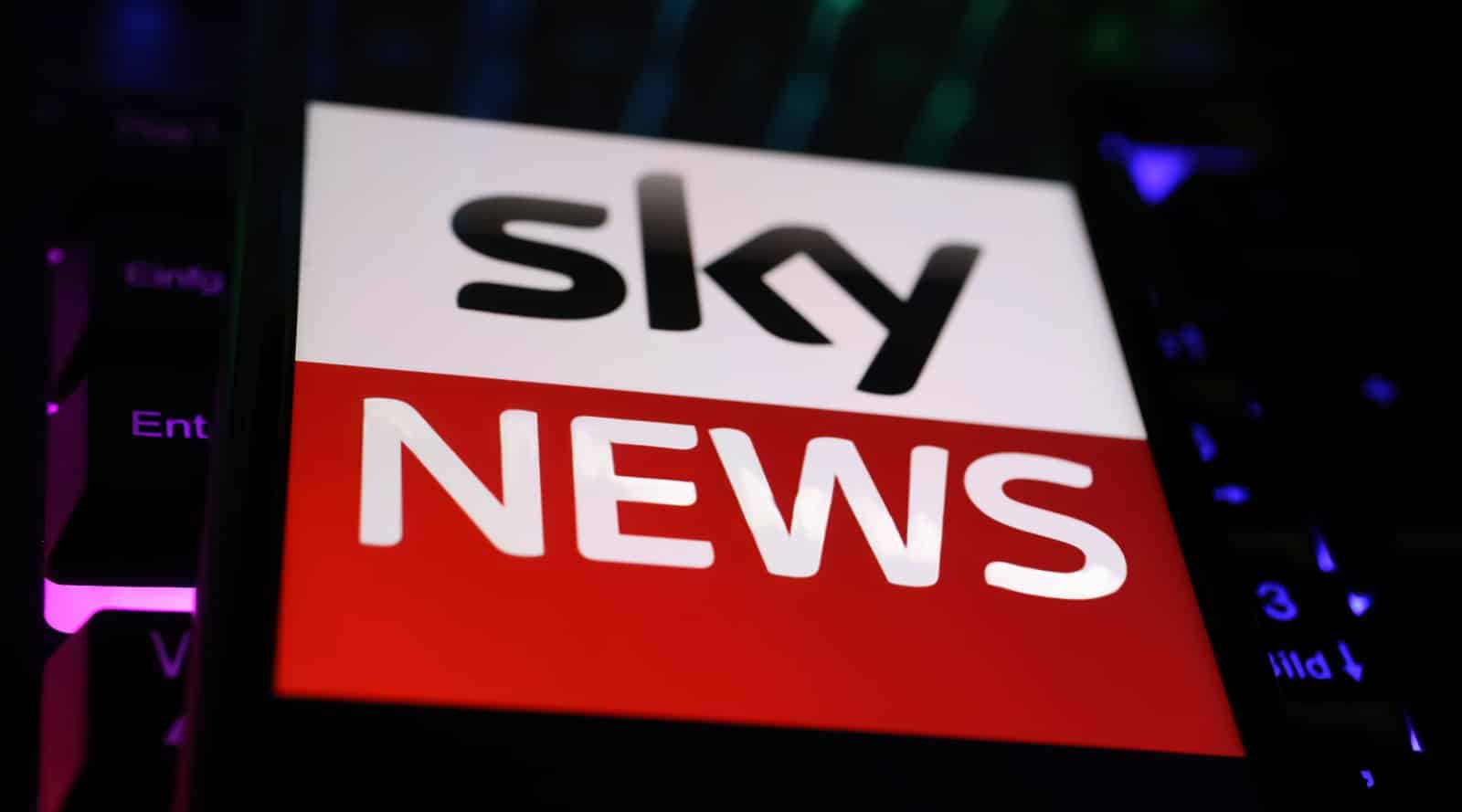
In an attempt at damage control, Starmer spoke to Sky News following his speech, stating, “I said that we should abolish tuition fees. Now with the damage that’s been done to the economy, particularly by Liz Truss, it is not possible to do that … I think that is basic honesty with the electorate.”
“I’m Sorry”

He continued, “I think it’s more important to stand in front of the electorate and say, ‘I’m sorry, I can’t now afford what I said before because of the damage done to the economy’… What I’m saying to the electorate is this: I’m going to tell you in advance of the election what I don’t think we can afford to do.”
Accusations of Betrayal

Starmer’s watering down of his more progressive and social justice-minded policies was met with accusations of betrayal from those on the left side of the party and criticism from other parties running in the election.
“Education Is a Public Good”

The Green Party’s finance spokesperson, Molly Scott-Cato, called the “marketisation of universities an unmitigated disaster” and added, “The Green party has always believed that education is a public good and should be funded out of taxation.”
“Come Clean”

Similarly, the SNP’s education spokesperson Carol Monaghan stated, “Keir Starmer must come clean and admit he’s planning to increase university tuition fees. This growing Westminster threat to students shows why it’s essential to vote SNP to defend free university tuition and put the interests of Scotland first.”
Surviving the Cull

Despite the criticism, some of Starmer’s more progressive pledges have survived the cull, though not without incident.
“New Deal for Working People”
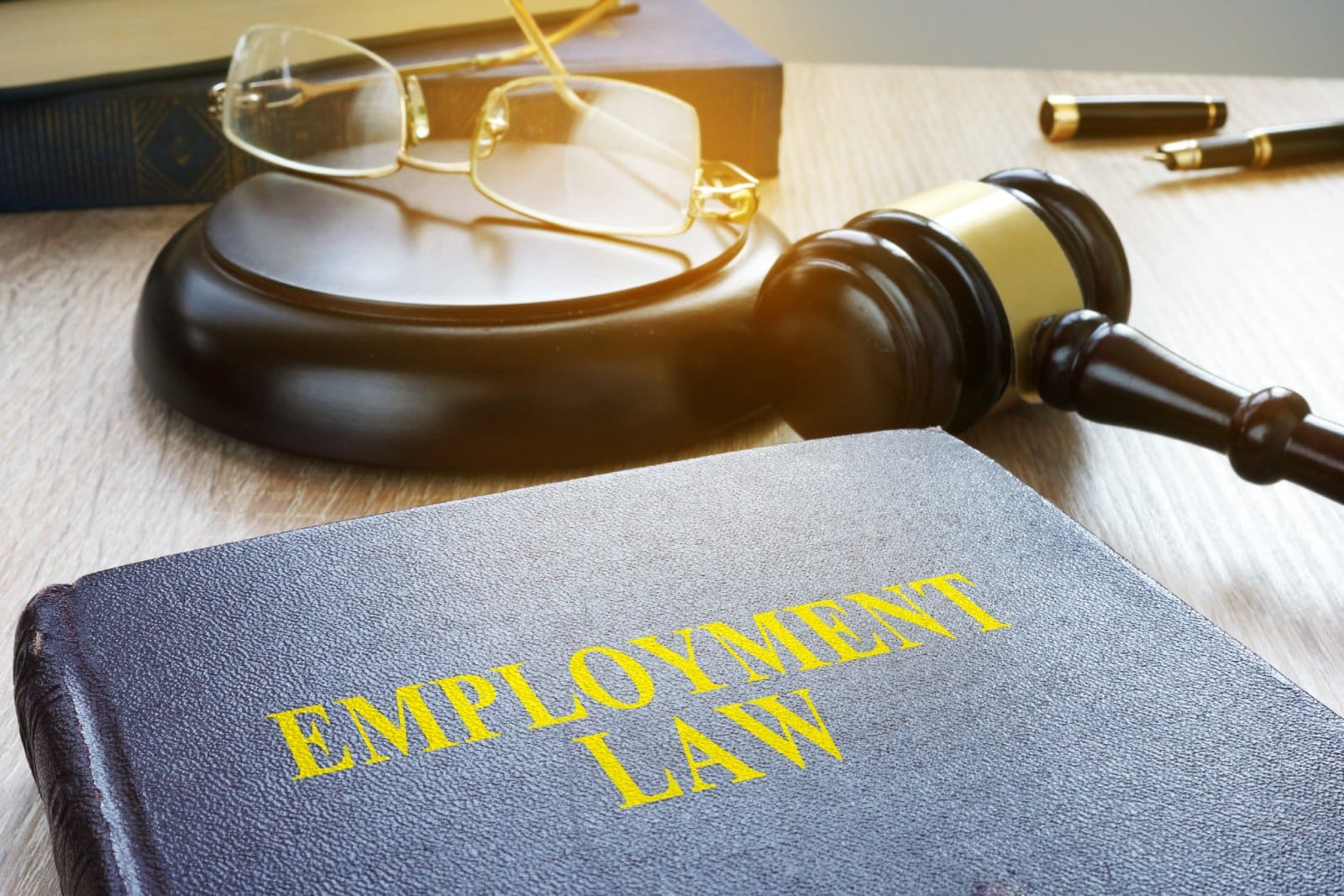
Following a back-and-forth with unions, Labor’s “New Deal for Working People,” a much-needed update to employment law, has made the cut, though some unions, like Unite, are unhappy with a series of changes that have been made to the proposal.
“Bad Bosses’ Charter”

Unite general secretary Sharon Graham claimed that the new proposal was in danger of becoming a “bad bosses’ charter.”
“Make Work Fairer”

However, Christina McAnea, general secretary of Unison, disagreed, stating, “Labour’s new deal best illustrates that choice. It will make work fairer and boost the economy, too. That’s why its measures are proving popular on the doorstep. Bad employers will no longer be able to outprice good ones by cutting corners and reducing costs by exploiting staff.”
“An End to Dodgy Zero-Hours Contracts”

She continued, “There’ll be an end to dodgy zero-hours contracts. Care workers will get paid travel time and a new fair pay agreement will help boost recruitment in that crisis-stricken sector too.”
Appeal vs Ideology

With the election fast approaching, it remains to be seen whether pressure from both inside and outside of the Labour Party will force Starmer to reconsider his pledges from 2020 or whether his desire to appeal to as broad a selection of the electorate wins out, much to the disappointment of those on the left of his party.
25 Things You CAN’T Talk About Anymore
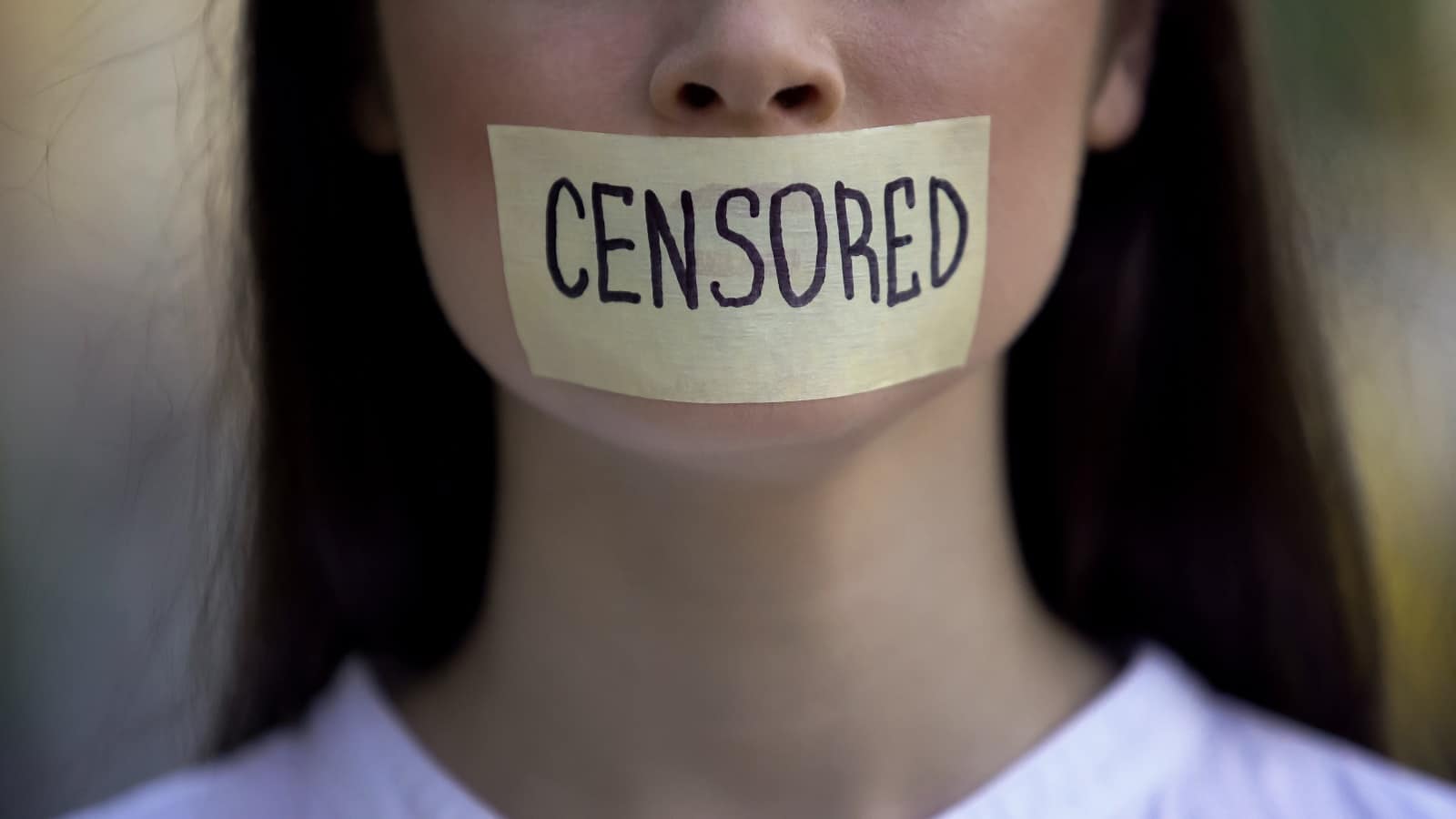
Remember the days when you could freely discuss just about anything without fear of sparking controversy? Well, those days are long gone. In today’s hyper-sensitive world, there are topics so fraught with tension that even mentioning them can lead to heated debates and hurt feelings. 25 Things You CAN’T Talk About Anymore
Stranded: 15 Worst British Cars in History
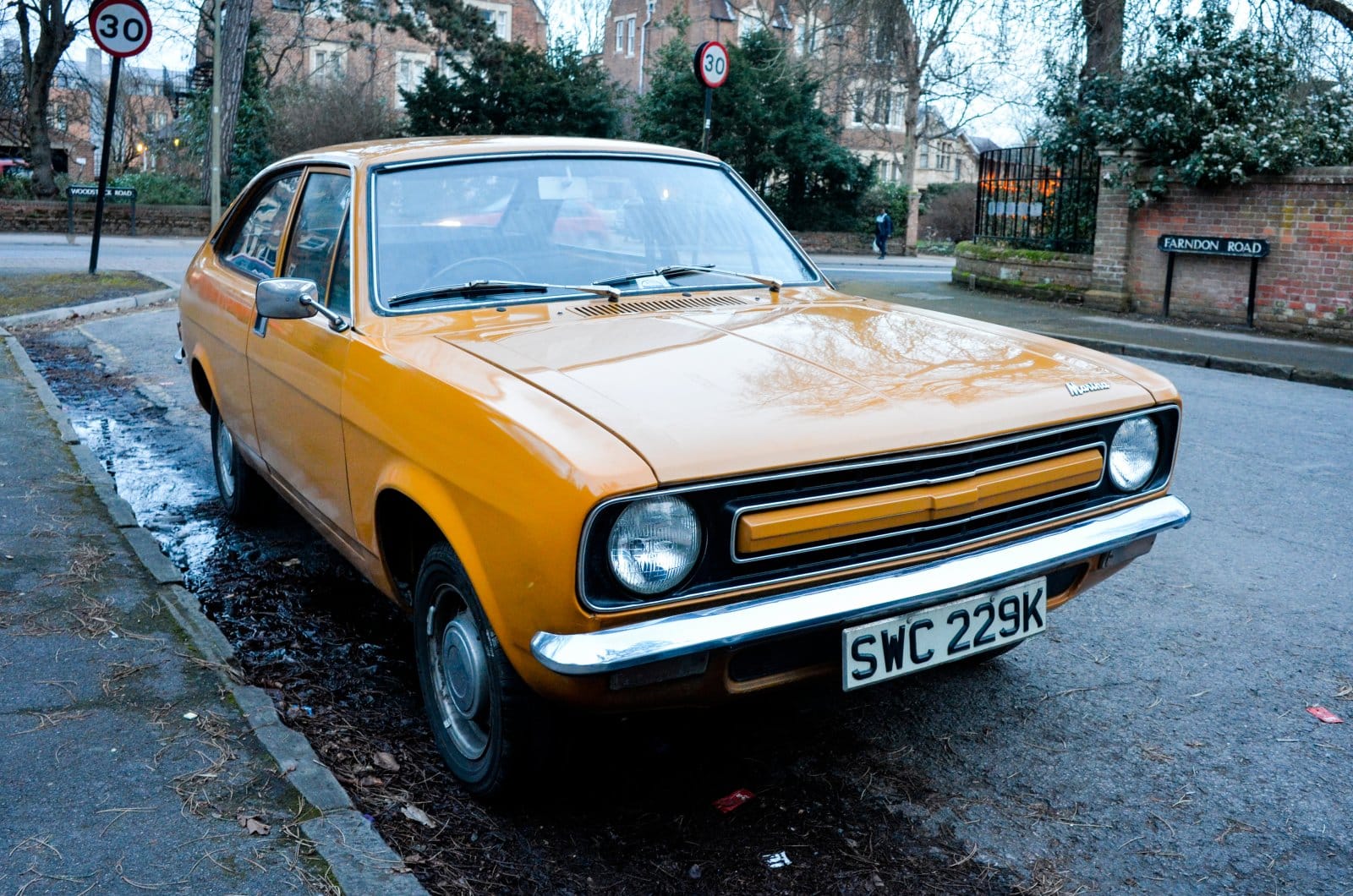
Ever had a car that spent more time with the mechanic than on the road? A car that turned every journey into a game of “Will we actually get there?” If so, you might just see a familiar face (or should we say, chassis) in our countdown to the most unreliable British car in history. Stranded: 15 Worst British Cars in History
“Britain Will Become Unrecognizable” – Suella Braverman Spells Disaster for UK Amid Steep Rise in Visas Issued

Former Home Secretary Suella Braverman has warned that Britain will become “unrecognizable,” criticizing the amount of work visas the Home Office has approved, despite only being removed from her role in November. “Britain Will Become Unrecognizable” – Suella Braverman Spells Disaster for UK Amid Steep Rise in Visas Issued
20 Things From the ‘70s That Are Not OK Today

Step into the time machine and set the dial to the 1970s, a decade of disco, bell-bottoms, and some rather questionable choices. While the ’70s gave us iconic music and groundbreaking TV, not everything from this groovy era would get a green light today. 20 Things From the ‘70s That Are Not OK Today
20 Best and Worst Universities in the UK
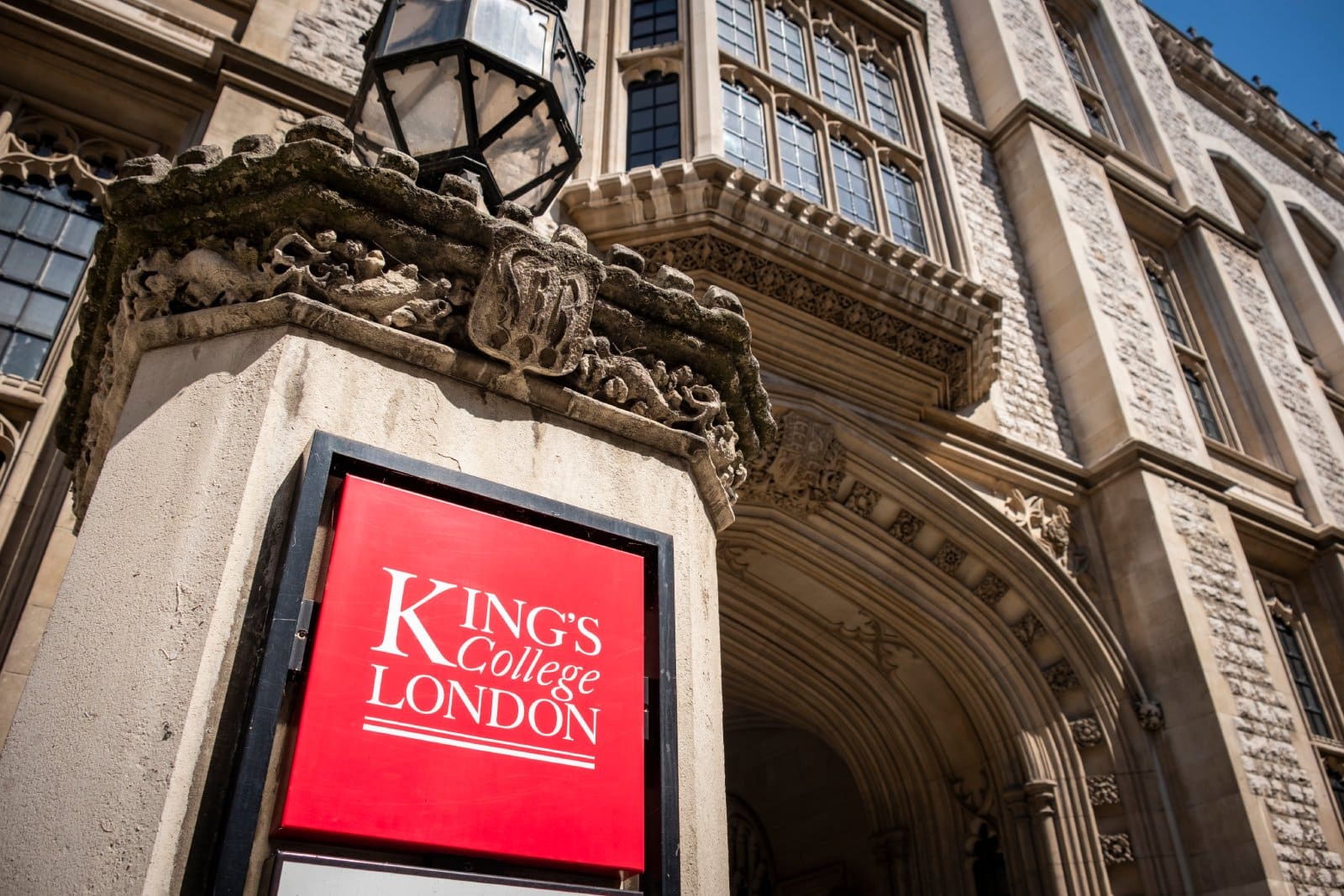
Navigating the UK university landscape is like deciphering a complex code of rankings, reviews, and reputations to uncover where you’ll not just learn, but truly flourish. Whether you’re drawn to the historic halls of Oxford or the creative buzz of Goldsmiths, finding your perfect fit is about aligning your aspirations with the unique offerings of each institution. 20 Best and Worst Universities in the UK
The post — first appeared on Edge Media.
Featured Image Credit: Shutterstock / Martin Suker.
Grant Gallacher is a seasoned writer with expertise in politics and impactful daily news. His work, deeply rooted in addressing issues that resonate with a wide audience, showcases an unwavering commitment to bringing forth the stories that matter. He is also known for satirical writing and stand up comedy.

